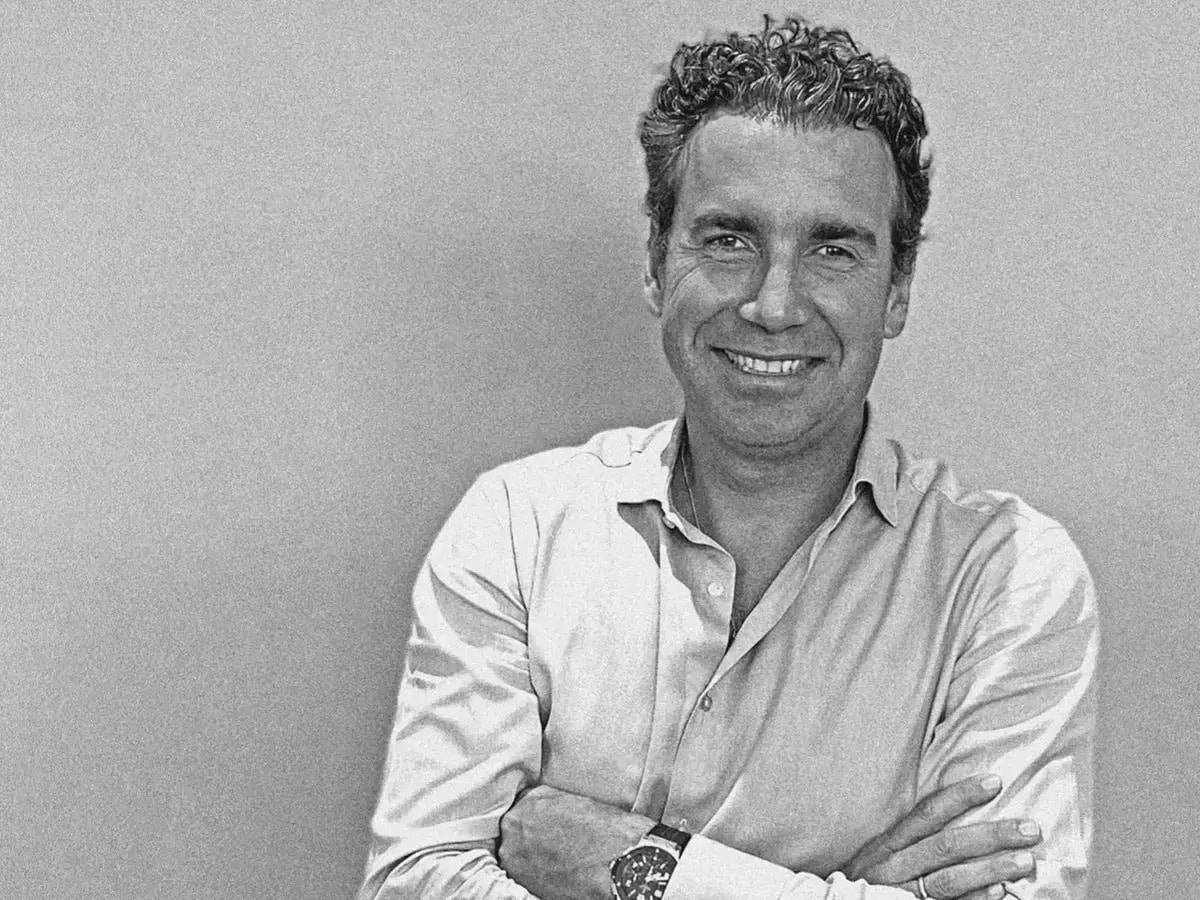Ahead of the Federal Reserve’s latest meeting, the best-selling author of The Energy World is Flat and The Anti-Bubbles spoke with Opto Sessions about the effect of rapid rate hikes and the importance of yield curve control, using a football analogy to explain how he creates resilient portfolios.
LISTEN TO THE INTERVIEW:
Diego Parrilla is an engineer, economist and best-selling author of The Energy World is Flat and The Anti-Bubbles. He is managing partner and portfolio manager at Quadriga Asset Managers. Earlier in his career, he managed risk for JP Morgan, Goldman Sachs and Merrill Lynch.
In his latest interview with Opto Sessions, recorded ahead of the Federal Reserve’s 50 bps rate hike, Parrilla discusses the most recent issue of TheAnti-Bubble Report, his email newsletter. The title is ‘The New Paradigm of High Inflation, High Volatility and High Risk’.
In this conversation, he discussed what the world might look like with persistently higher inflation and how to embrace volatility with active rebalancing and insurance.
“Inflation is key”
Parrilla says governments abuse fiscal policy when they take out debt and print money, with four consequences:
They’re “kicking the can down the road” -- that is, “spending and borrowing at the expense of future generations.” They’re also passing the problem onto their neighbours, a possible reason why “trade wars have dominated global macro for a long time.”
The third thing that happens is inflation, accompanied by unequal asset valuation.
Parrilla gives an example from a recent visit to New York City, when he paid $18 for a coffee and a croissant, but only $15 for a 25-minute cab ride. Those discrepancies in what we value are why there’s been a rise in worker strikes this year, he says.
The fourth thing that goes wrong is the development of “bubbles that are systemic, too big to fail… these fallacies that you can solve problems by printing [money] and [taking on] debt are starting to show in ways that create major problems.”
Trying to tackle inflation in a meaningful way will expose bubbles and destroy growth, which leads to more printing of money, says Parrilla. “We’re caught between inflation and bubbles.”
Yield curve control
Given that his recent conversation with Opto Sessions was recorded prior to the Fed’s last meeting and the Bank of Japan’s decision to adjust its yields control policy, Parrilla’s emphasis on yield curve control (YCC) seems particularly prescient.
He uses Japan as an example of an economy in which YCC is the only option after quantitative easing (QE) left investors shy to invest. As that happens, however, it reinforces the printing of more money.
“In summary, QE built the bubbles, [and YCC] will be needed to prevent those bubbles from imploding. And ultimately, once again, we're not solving problems. We're basically transforming a credit problem into an inflation problem.”
Playing defence
Nevertheless, Parrilla says this year has “actually been so far, so good,” citing the fact the S&P 500 is still around 4,000 as a positive sign.
“There's no crystal ball, but this is a volatile environment, where you must embrace volatility, you cannot fight it.”
Parrilla used cross-asset insurance and long-only options to create high returns during crises this year. He describes his fund-management style by talking about the composition of a football team. The problem is that most funds have an overabundance of strikers and not enough emphasis on defence.
“You’re not as good as your last trade, you’re as good as your last crisis.”
As for Parrilla’s team, “we like to position ourselves as a defender or goalkeeper,” defining their defensive strategy as “primarily focused on options, which is insurance.” In fact, they only buy options. He likes knowing the most he can lose is his premium, which isn’t the case for short-sellers.
“Part of the work we do, from our fundamental macro perspective, is find the best use of our premium. We have a limited amount of money that we can spend, and we're going to try to use that in a way that gives us diversification. In all dimensions.”
For more ways to listen:
Listen to the full interview and explore our past episodes on Opto Sessions. You can also check out all our episodes via our YouTube Channel.
Disclaimer Past performance is not a reliable indicator of future results.
CMC Markets is an execution-only service provider. The material (whether or not it states any opinions) is for general information purposes only, and does not take into account your personal circumstances or objectives. Nothing in this material is (or should be considered to be) financial, investment or other advice on which reliance should be placed. No opinion given in the material constitutes a recommendation by CMC Markets or the author that any particular investment, security, transaction or investment strategy is suitable for any specific person.
The material has not been prepared in accordance with legal requirements designed to promote the independence of investment research. Although we are not specifically prevented from dealing before providing this material, we do not seek to take advantage of the material prior to its dissemination.
CMC Markets does not endorse or offer opinion on the trading strategies used by the author. Their trading strategies do not guarantee any return and CMC Markets shall not be held responsible for any loss that you may incur, either directly or indirectly, arising from any investment based on any information contained herein.
*Tax treatment depends on individual circumstances and can change or may differ in a jurisdiction other than the UK.
Continue reading for FREE
- Includes free newsletter updates, unsubscribe anytime. Privacy policy


